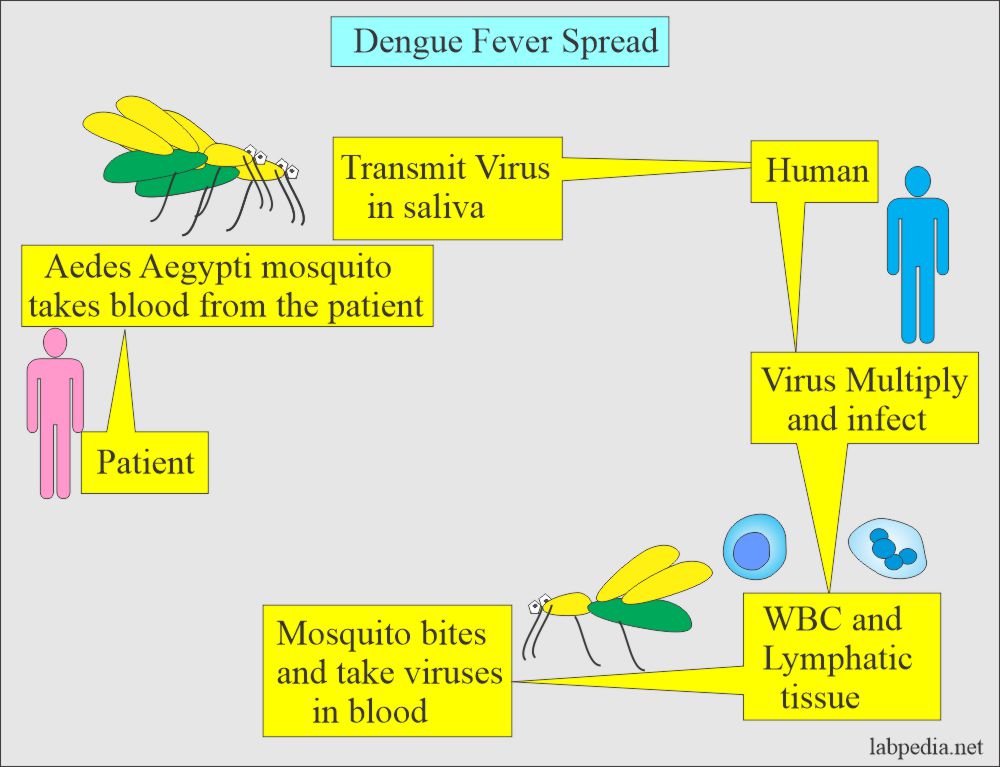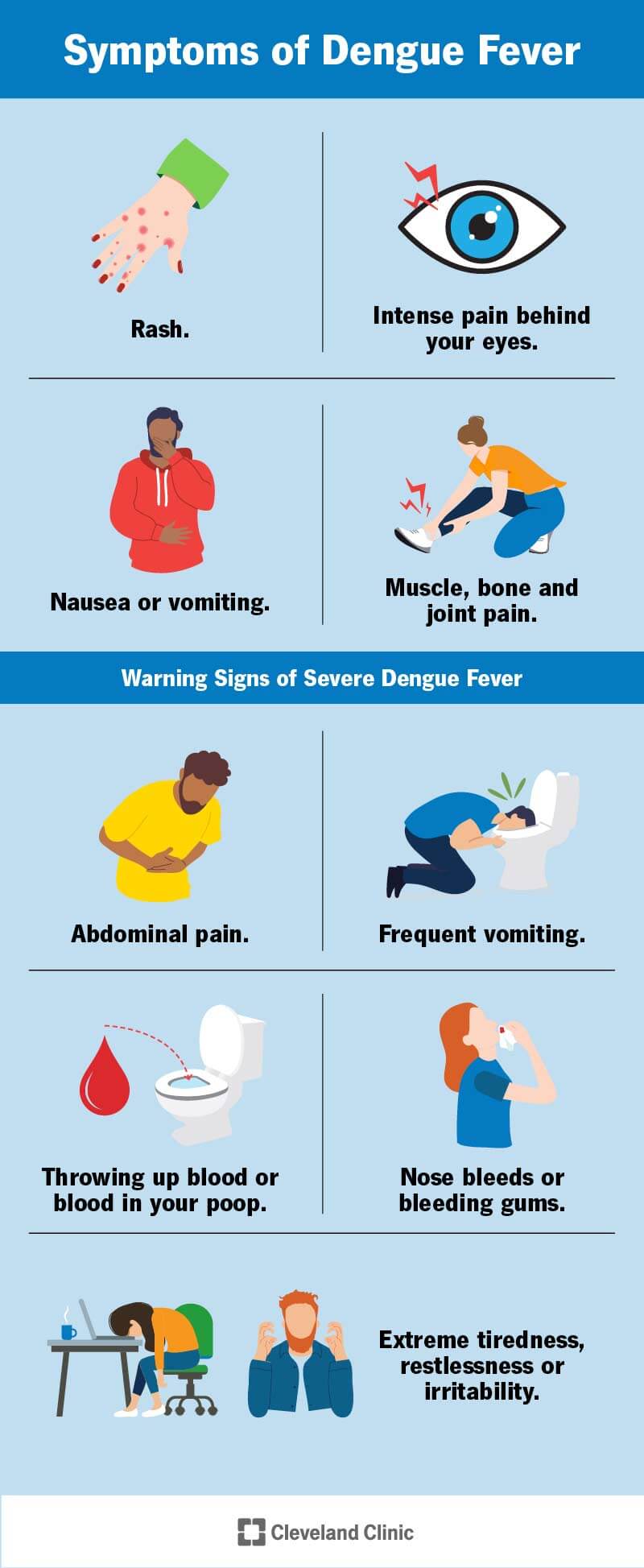Picture this: you're enjoying a peaceful evening outside when suddenly you feel a sharp sting on your arm. A tiny mosquito bite doesn't seem like a big deal, right? But what if that single bite could lead to dengue fever? This potentially deadly disease is spreading faster than ever, and it's time we all learned how to protect ourselves and our loved ones.
Dengue fever might sound like something from a distant land, but it's closer than you think. With millions of cases reported worldwide each year, it's become one of the fastest-growing mosquito-borne illnesses. The worst part? Most people don't even know they're at risk until it's too late.
But here's the good news: with the right knowledge and precautions, you can keep yourself and your family safe. In this article, we'll dive deep into everything you need to know about dengue fever – from its symptoms and causes to prevention and treatment. So, let's roll up our sleeves and get started!
Read also:Aj Johnson The Rising Star Whorsquos Taking The World By Storm
Table of Contents
- What is Dengue Fever?
- Symptoms of Dengue Fever
- What Causes Dengue Fever?
- How is Dengue Fever Diagnosed?
- Treatment Options for Dengue Fever
- Preventing Dengue Fever
- Dengue Fever Statistics
- High-Risk Areas for Dengue Fever
- Traveling in Dengue-Prone Regions
- Ongoing Research and Vaccines
What is Dengue Fever?
Let's start with the basics, shall we? Dengue fever is a viral infection spread by mosquitoes, specifically the Aedes aegypti and, to a lesser extent, Aedes albopictus. Think of these mosquitoes as tiny flying troublemakers that love warm, tropical climates. They're the reason dengue fever has become such a big deal in many parts of the world.
Now, here's the kicker: dengue fever isn't just one virus. It's actually caused by four different serotypes, which means you can catch it multiple times in your life. And if you've had it before, your second round might be way worse. That's because your immune system can sometimes overreact, leading to a more severe form of the disease called dengue hemorrhagic fever.
But don't panic just yet. With the right info, you can outsmart those pesky mosquitoes and stay safe. So, let's move on to the next big question: how do you know if you've got dengue fever?
Why Should You Care About Dengue?
Here's the deal: dengue fever isn't just a random illness. It's a serious public health issue that affects millions of people worldwide. And with climate change making mosquito habitats bigger, the problem is only getting worse. Knowing what you're up against is the first step in keeping yourself and your community safe.
Symptoms of Dengue Fever
So, you're feeling a little off. How do you know if it's just a regular cold or something more serious like dengue fever? The symptoms usually show up about 4 to 10 days after you've been bitten by an infected mosquito. Here's what to look out for:
- High Fever: This is usually the first sign. We're talking serious heat, like 104°F (40°C).
- Headache: Not just any headache – we're talking a pounding, behind-the-eyes kind of pain.
- Rash: A bright red rash might appear on your skin a few days after the fever starts.
- Muscle and Joint Pain: No wonder dengue is sometimes called "breakbone fever" – it can make your whole body ache.
- Nausea and Vomiting: Your stomach might feel like it's staging a revolt.
And that's just the beginning. In severe cases, dengue fever can lead to bleeding, low blood pressure, and even organ failure. So, if you're experiencing any of these symptoms, don't mess around – get to a doctor ASAP.
Read also:Sam Rockwell Wife A Closer Look At The Love Story Behind The Hollywood Spotlight
How Long Do Symptoms Last?
Most people start feeling better after about a week, but recovery times can vary. And remember, just because your symptoms are gone doesn't mean you're out of the woods. Severe dengue can strike even after the fever subsides, so keep a close eye on your health.
What Causes Dengue Fever?
Alright, let's talk about the real culprits here: mosquitoes. Specifically, the Aedes aegypti mosquito. These little guys love hanging out in urban areas, breeding in standing water like old tires, flower pots, and even bottle caps. They're also active during the day, which makes them harder to avoid.
Here's how the cycle works: an infected mosquito bites someone, passing on the dengue virus. That person can then spread the virus to other mosquitoes that bite them. And just like that, the cycle continues. It's a nasty little game of viral tag, and the stakes are high.
Are All Mosquitoes Dangerous?
Nope, not all mosquitoes carry dengue fever. But the Aedes aegypti is a sneaky one. It's not just a nighttime menace – it's a daytime flyer too. And with its love for human habitats, it's a tough opponent to beat. But don't worry, we'll get into how to fight back in a bit.
How is Dengue Fever Diagnosed?
So, you've got the symptoms, but how do doctors know for sure if it's dengue fever? Diagnosis usually involves a combination of clinical evaluation and laboratory tests. Here's the lowdown:
- Clinical Evaluation: Your doctor will ask about your symptoms, travel history, and exposure to mosquitoes.
- Laboratory Tests: Blood tests can detect the dengue virus or antibodies against it. These tests are crucial for confirming the diagnosis.
Early diagnosis is key to managing dengue fever effectively. If you suspect you've got it, don't wait around – get tested right away.
Why is Early Diagnosis Important?
Here's the thing: dengue fever can escalate quickly. Without proper treatment, it can turn into severe dengue, which is life-threatening. Early diagnosis allows doctors to monitor your condition closely and intervene if necessary. It's all about staying one step ahead of the virus.
Treatment Options for Dengue Fever
Okay, so you've been diagnosed with dengue fever. Now what? Unfortunately, there's no specific cure for dengue fever, but there are ways to manage the symptoms and prevent complications. Here's what your treatment plan might look like:
- Rest: Your body needs all the energy it can get to fight off the virus.
- Hydration: Drink plenty of fluids to prevent dehydration, especially if you're vomiting.
- Pain Relievers: Over-the-counter meds like acetaminophen can help with fever and pain. But steer clear of aspirin – it can increase the risk of bleeding.
In severe cases, hospitalization might be necessary. Doctors can provide intravenous fluids and close monitoring to ensure your vital organs stay healthy.
When Should You Seek Emergency Care?
If you start experiencing any of the following, head to the ER immediately:
- Severe abdominal pain
- Persistent vomiting
- Bleeding from the gums or nose
- Difficulty breathing
Remember, dengue fever is no joke. Don't hesitate to seek medical help if you're feeling unwell.
Preventing Dengue Fever
Prevention is always better than cure, and when it comes to dengue fever, there's plenty you can do to protect yourself. Here are some tips to keep those mosquitoes at bay:
- Use Mosquito Repellent: Apply it to exposed skin and clothing whenever you're outdoors.
- Wear Protective Clothing: Long sleeves and pants can help shield you from bites.
- Install Screens: Make sure your windows and doors have screens to keep mosquitoes out.
- Eliminate Standing Water: Mosquitoes love breeding in stagnant water, so dump out any containers that collect rainwater.
And if you're traveling to a dengue-prone area, take extra precautions. It's better to be safe than sorry.
Can Vaccines Help?
Yes, there are vaccines available for dengue fever, but they're not a one-size-fits-all solution. The Dengvaxia vaccine, for example, is only recommended for people who have already had dengue once. It's a complex situation, so always consult with a healthcare professional before getting vaccinated.
Dengue Fever Statistics
Let's talk numbers. According to the World Health Organization (WHO), there are an estimated 390 million dengue infections worldwide each year. That's a lot of people at risk. And the numbers are only going up, thanks to factors like urbanization and climate change.
Here are some other stats to keep in mind:
- Approximately 96 million cases result in symptoms severe enough to require medical attention.
- Severe dengue affects about 500,000 people annually, with a significant number of fatalities if not treated promptly.
These numbers might seem overwhelming, but they highlight the importance of awareness and prevention. Every action counts in the fight against dengue fever.
High-Risk Areas for Dengue Fever
Not all parts of the world are equally affected by dengue fever. The disease is most prevalent in tropical and subtropical regions, particularly in Asia, the Americas, and Africa. Countries like Brazil, India, and the Philippines have some of the highest reported cases.
But don't think you're safe if you live outside these areas. Global travel and trade have made dengue fever a global concern. Even places with cooler climates are seeing sporadic outbreaks, thanks to the adaptability of mosquitoes.
How Does Climate Change Impact Dengue?
Climate change is a big player in the spread of dengue fever. Warmer temperatures and changing rainfall patterns create ideal breeding conditions for mosquitoes. And as urban areas expand, so does the mosquito population. It's a perfect storm for dengue fever to thrive.
Traveling in Dengue-Prone Regions
Planning a trip to a tropical paradise? Make sure you're prepared for the possibility of dengue fever. Here's how to stay safe while traveling:
- Pack plenty of mosquito repellent and reapply it regularly.
- Sleep under mosquito nets if your accommodation doesn't have screens.
- Stay in air-conditioned rooms whenever possible.
- Be extra vigilant during the day, as Aedes mosquitoes are active then.
And if you do get sick after your trip, let your doctor know where you've been. It could be crucial in diagnosing dengue fever.
Ongoing Research and Vaccines
Scientists around the world are hard at work developing better treatments and vaccines for dengue fever. New research is uncovering more about how the virus works and how our immune systems respond to it. This knowledge is crucial for creating effective solutions.
But it's a complex puzzle. With four different serotypes of the virus, developing a universal vaccine is no easy task. Still, progress is being made, and there's hope for a brighter future in the fight against dengue fever.
What Can You Do to Help?
Stay informed and spread awareness. The more people know about dengue fever, the better equipped we are to combat it. Support research efforts and advocate for public health initiatives. Together, we can make a difference.
Conclusion


